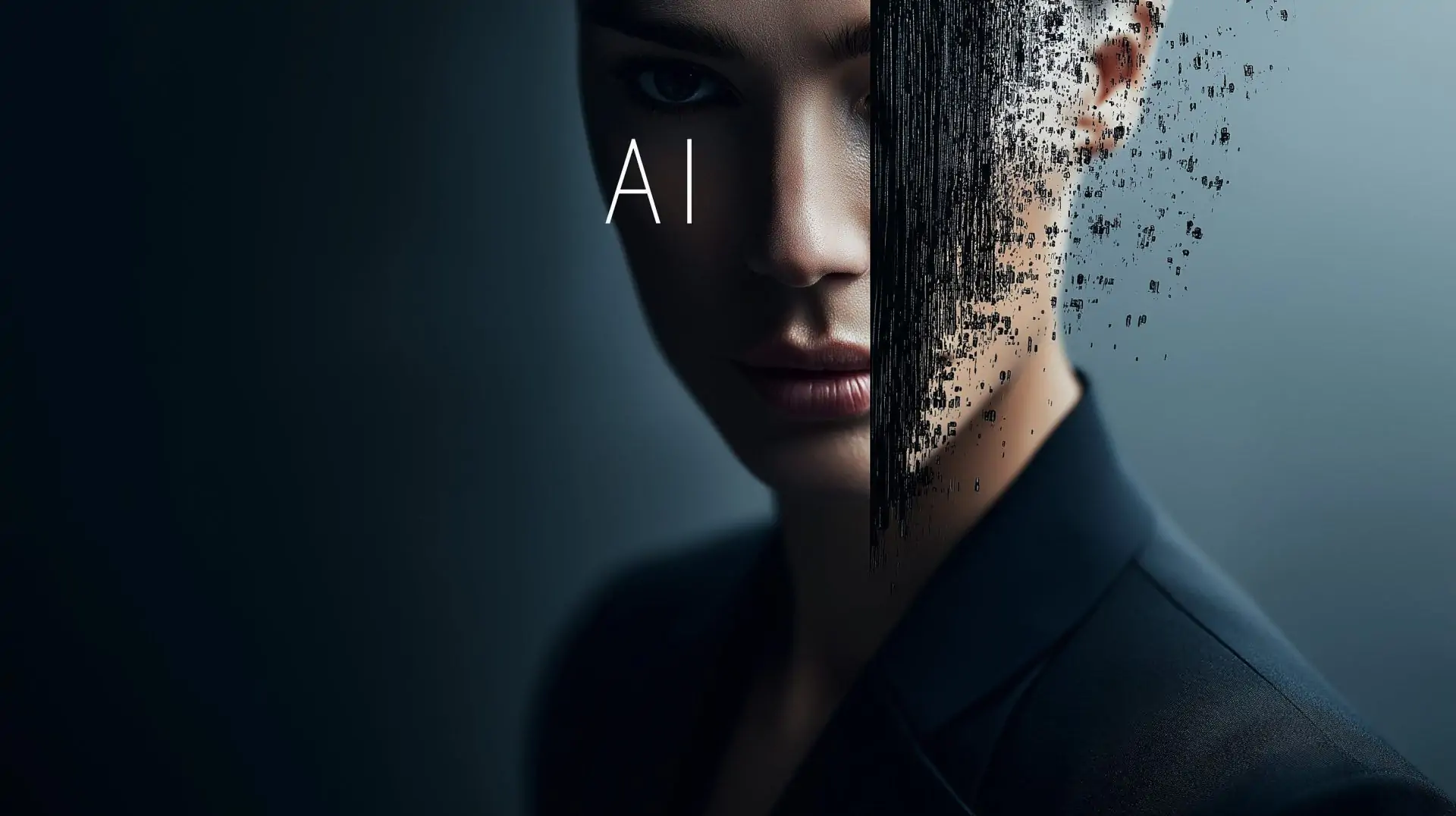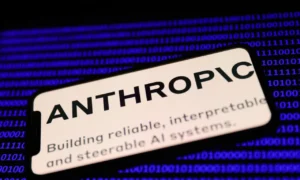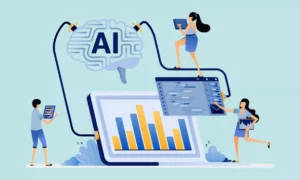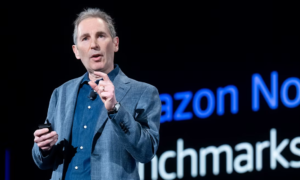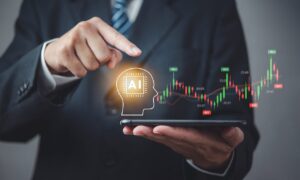Silicon Valley’s latest gospel sounds almost mystical. Artificial intelligence will rescue the West from demographic collapse, bloated welfare systems, and innovation-stifling regulations. Marc Andreessen, the venture capitalist who helped birth the modern internet, puts it bluntly: “We are literally making sand think.” His vision? An intelligence explosion that catapults human civilization into uncharted territory of capability and prosperity.
The evidence backs his optimism. Today’s AI systems already outwrite most journalists, outthink many academics, and generate business ideas faster than seasoned entrepreneurs. But as these capabilities accelerate, two uncomfortable questions have emerged from the excitement.
The Job Apocalypse That Probably Isn’t Coming
First comes the familiar economic anxiety. If machines master every human skill, what happens to paychecks? This worry echoes through history like a broken record. The Luddites smashed textile machines in 1811. Economists predicted mass unemployment when computers arrived. Auto workers feared assembly line robots would end their careers.
Each time, new jobs emerged to replace the old ones. Not immediately, and not without pain, but eventually. The pattern holds because humans consistently discover tasks that only humans can do, at least until the next technological wave arrives.
Still, AI feels different. Previous innovations automated physical labor or simple calculations. Today’s systems tackle creativity, analysis, and decision-making. The breadth of potential disruption is unprecedented.
Yet if Andreessen’s vision proves accurate, this concern misses the bigger picture. True artificial general intelligence wouldn’t just eliminate jobs. It would eliminate scarcity itself. In a world where machines produce everything we need at near-zero cost, the entire concept of employment might become obsolete.
The Deeper Problem Nobody Wants to Discuss
The second question cuts closer to the bone. Suppose AI delivers on every promise. Suppose we wake up tomorrow in a post-scarcity paradise where intelligent machines handle every conceivable task. Now what?
This isn’t about economics anymore. It’s about meaning. What do you do with your Tuesday afternoon when your skills feel pointless compared to artificial intelligence? How do you find purpose when effort itself seems unnecessary? Why struggle to learn anything when machines already know everything?
The spiritual critics of AI aren’t wrong to worry. They’ve simply identified the wrong problem.
Technology as Painkiller, Not Happiness Drug
Here’s what the happiness debate gets backwards. Artificial intelligence isn’t designed to maximize human fulfillment. It’s built to minimize human suffering. These aren’t the same thing, and confusing them leads to misguided expectations.
Consider modern medicine. Antibiotics don’t make you joyful. They prevent death from infection. Cancer treatments don’t guarantee life satisfaction. They remove a massive obstacle to satisfaction. The distinction matters because it clarifies what we should expect from technological progress.
AI operates in similar territory. It can eliminate tedious work, accelerate scientific discovery, and solve logistical nightmares that have plagued civilization for millennia. What it cannot do is answer the fundamental questions that have always defined human existence: Who am I? Why am I here? What should I do with my finite time on Earth?
Expecting machines to resolve existential questions is like expecting a calculator to write poetry. We’re demanding the wrong function from the right tool.
The Ancient Problems That Remain Unsolved
Strip away the technological complexity, and our core challenges haven’t changed much since ancient Greece. How do we balance individual freedom with community bonds? How do we find meaning beyond material accumulation? How do we build relationships that sustain us through difficult times?
These problems existed before smartphones, before electricity, before the printing press. They’ll persist regardless of how intelligent our machines become. The difference is that AI might finally give us enough abundance to address them properly.
What Comes After Abundance
If technological optimists are right, material scarcity will eventually join slavery and feudalism in the dustbin of history. That transition opens space for pursuits that have always mattered but often felt like luxuries: deep relationships, creative expression, spiritual exploration, community service.
The irony is striking. The same technology that threatens to make human skills obsolete might finally free us to be fully human. Less time spent on survival needs means more time for everything else that makes life worth living.
Churches understand this instinctively. So do close-knit families and tight communities. They’ve always focused on the non-material goods that technology can’t provide: belonging, purpose, transcendence, love.
The Real Choice Ahead
We face a decision that previous generations never confronted. Do we resist technological progress out of fear that machines will diminish human dignity? Or do we embrace that progress while taking responsibility for the spiritual challenges it creates?
Slowing AI development might preserve certain jobs temporarily. It won’t solve the deeper questions about meaning and purpose. Those problems require human solutions: stronger communities, deeper relationships, clearer values, and institutions that help people flourish regardless of economic conditions.
The machines are coming whether we like it or not. The question isn’t whether they’ll transform society. It’s whether we’ll be ready for the transformation.

